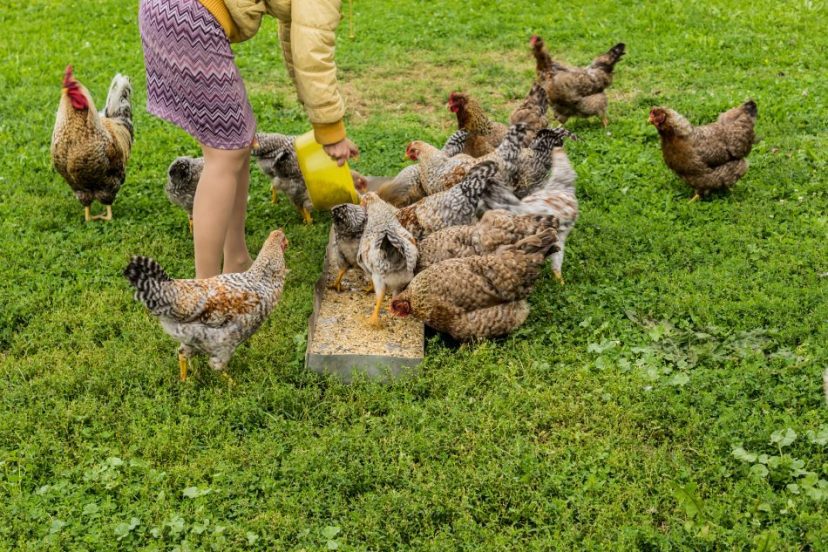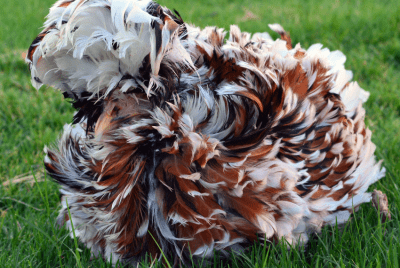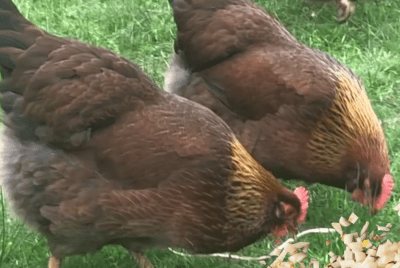Can Rare Bielefelder Chickens Survive In Cold Climates?
Bielefelder chickens are not only beautiful and rare but also known for their hardiness. However, when it comes to surviving in cold climates, some concerns may arise. In this blog post, we will explore whether these beautiful birds can thrive in challenging winter conditions. Understanding their unique characteristics and needs will help chicken enthusiasts provide the best care for their Bielefelder flock, ensuring their health and well-being even in harsh weather. Let’s explore the world of rare Bielefelder chickens and discover how they cope with cold climates!
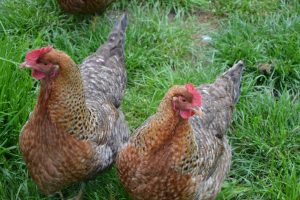
Key Takeaways:
- Rare Bielefelder Chickens are able to survive in cold climates due to their large size and thick feathering.
- Good shelter and proper insulation are imperative for Bielefelder Chickens to thrive in cold temperatures.
- Providing heat lamps and supplemental heating can help Bielefelder Chickens stay warm during extreme cold spells.
- Having access to fresh water is crucial for Bielefelder Chickens in cold climates, as they need to stay hydrated to regulate their body temperature.
- Regular monitoring of the chickens’ health and well-being is important in cold climates to ensure they are adapting properly to the environment.
Who Are the Bielefelder Chickens?
Origin and Characteristics
For those unfamiliar with Bielefelder chickens, these beautiful birds originate from Germany and are known for their dual-purpose qualities. They were developed in the early 1970s in Bielefeld, hence their name. Bielefelders are large, gentle, and efficient egg layers with a striking appearance.
Unique Qualities of Bielefelders
An interesting characteristic of Bielefelder chickens is their autosexing feature, which means you can easily differentiate between male and female chicks based on their coloring. This makes it convenient for breeders to separate the genders early on. Additionally, their feathering is exceptionally dense and insulating, making them well-suited for cold climates.
The Bielefelders are also known for their relatively calm temperament, making them a great choice for backyard flocks. They are friendly and sociable birds that are easy to handle and enjoy human interaction.
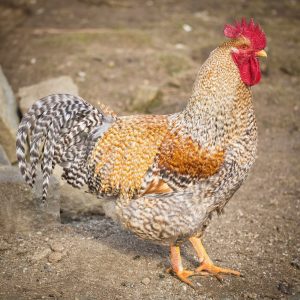
Bielefelders in the Cold
Adapting to the Chill
Some chicken breeds are more suited to cold climates than others, and Bielefelder chickens are no exception. These hardy birds are known for their large size, which helps them retain body heat better in chilly weather. They also have thick, feathered legs that provide extra insulation against the cold. With the right care and attention, Bielefelders can thrive even in colder climates.
Diet and Nutrition for Cold Weather
Bielefelders need a well-balanced diet to help them stay warm in cold weather. Make sure to provide them with plenty of protein-rich foods like mealworms, sunflower seeds, and cooked eggs to help them maintain their energy levels and body heat. Additionally, supplement their diet with vitamin-rich fruits and vegetables to support their overall health during the colder months.
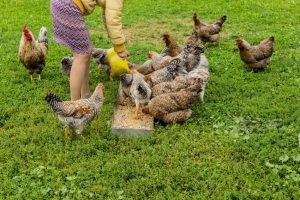
Caring for Your Bielefelder in Winter
Housing and Shelter Tips
All Bielefelder chickens need a warm and dry shelter during the winter months. Make sure their coop is draft-free and well-insulated to protect them from the cold. Provide extra bedding such as straw or wood shavings to help keep them warm. Ensure there is proper ventilation to prevent moisture buildup, which can lead to frostbite. Additionally, consider using a heat lamp or a heated waterer to help them stay comfortable in chilly weather.
- Provide a draft-free and insulated coop
- Add extra bedding for warmth
- Ensure proper ventilation
- Consider using a heat lamp or heated waterer
After taking these precautions, your Bielefelder chickens will be better equipped to handle the winter months and stay healthy.
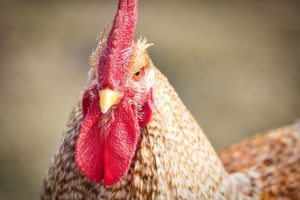
Keeping your Feathered Friends Fit and Healthy
Healthy Bielefelder chickens are better able to withstand the challenges of cold weather. Keep your flock healthy by providing a balanced diet rich in nutrients and vitamins. Encourage exercise by creating a spacious outdoor run for them to stretch their legs. Regularly check for signs of illness or injury, and consult with a veterinarian if needed. By keeping them fit and healthy, you can ensure your Bielefelder chickens thrive even in the coldest of climates.
The Community’s Role in Bielefelder Survival
Breeder Support and Networking
Now, let’s talk about the vital role that breeders and chicken enthusiasts play in supporting the survival of rare Bielefelder chickens. Breeders all around the world form a tight-knit community, sharing knowledge, resources, and advice to ensure the health and well-being of these unique birds.
Conservation Efforts for Rare Breeds
Now, let’s probe into the vital conservation efforts needed to safeguard rare Bielefelder chickens. The community’s involvement in preserving these rare breeds is crucial. By raising awareness, promoting responsible breeding practices, and collaborating on conservation programs, we can collectively ensure the long-term survival of these remarkable chickens.
Understanding the decline in genetic diversity and the threat of extinction faced by rare chicken breeds like the Bielefelder underscores the importance of conservation efforts. By working together, we can preserve these unique breeds for future generations to enjoy.
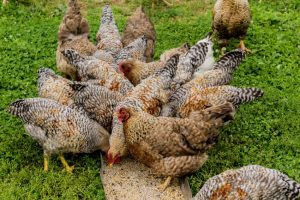
Final Thoughts on Can Bielefelder Chickens Survive Cold Climates
Unlike other chicken breeds, Rare Bielefelder Chickens have shown remarkable resilience in surviving cold climates. Their dense feathers and compact bodies provide them with natural insulation against harsh winter weather.
These hardy birds have the ability to withstand cold temperatures as long as they have proper shelter and access to food and water. Providing them with a draft-free coop, bedding for warmth, and supplemental heat during extreme cold snaps will help ensure their survival and well-being during winter.
Despite their adaptability to cold climates, it’s important for chicken keepers to monitor their Bielefelder chickens closely during winter months. This includes checking for frostbite on combs and wattles, ensuring their water doesn’t freeze, and adjusting their diet for extra nutrients to help them stay warm.
Summing up, with the right care and precautions, Rare Bielefelder Chickens can thrive even in the coldest of climates. Their beauty, hardiness, and egg-laying capabilities make them a valuable addition to any flock, even in regions known for harsh winters.
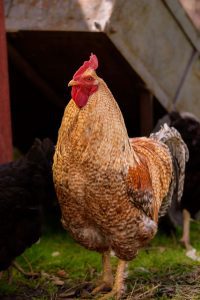
FAQ’s about Can Bielefelder Chickens Survive Cold Climates?
Q: What are Bielefelder Chickens?
A: Bielefelder Chickens are a rare breed known for their gentle nature, productivity, and beautiful appearance.
Q: Can Bielefelder Chickens survive in cold climates?
A: Yes, these Chickens are cold-hardy birds that can withstand low temperatures with proper care and housing.
Q: How can I help Bielefelder Chickens thrive in cold climates?
A: Providing a draft-free coop, adequate bedding, access to fresh water, and proper nutrition can help Bielefelder Chickens thrive in cold climates.
Q: Do Bielefelder Chickens need any special care during winter?
A: Yes, during winter, it’s crucial to check their water supply regularly to ensure it doesn’t freeze, provide extra insulation in the coop, and watch for signs of cold-related stress.
Q: Are Bielefelder Chickens suitable for beginners in cold climates?
A: Yes, These Chickens are a great choice for beginners in cold climates due to their docile nature, cold-hardy characteristics, and overall ease of care.
When do Chickens Start laying eggs?
Why Do CHickens Stop Laying Eggs?
What can Chickens Eat and Why?
Trimmed Bushes Help Deter Predators!
Squirrel Proofing Your CHicken Coop!
Cream Legbar Chickens Blue Egg Wonder

